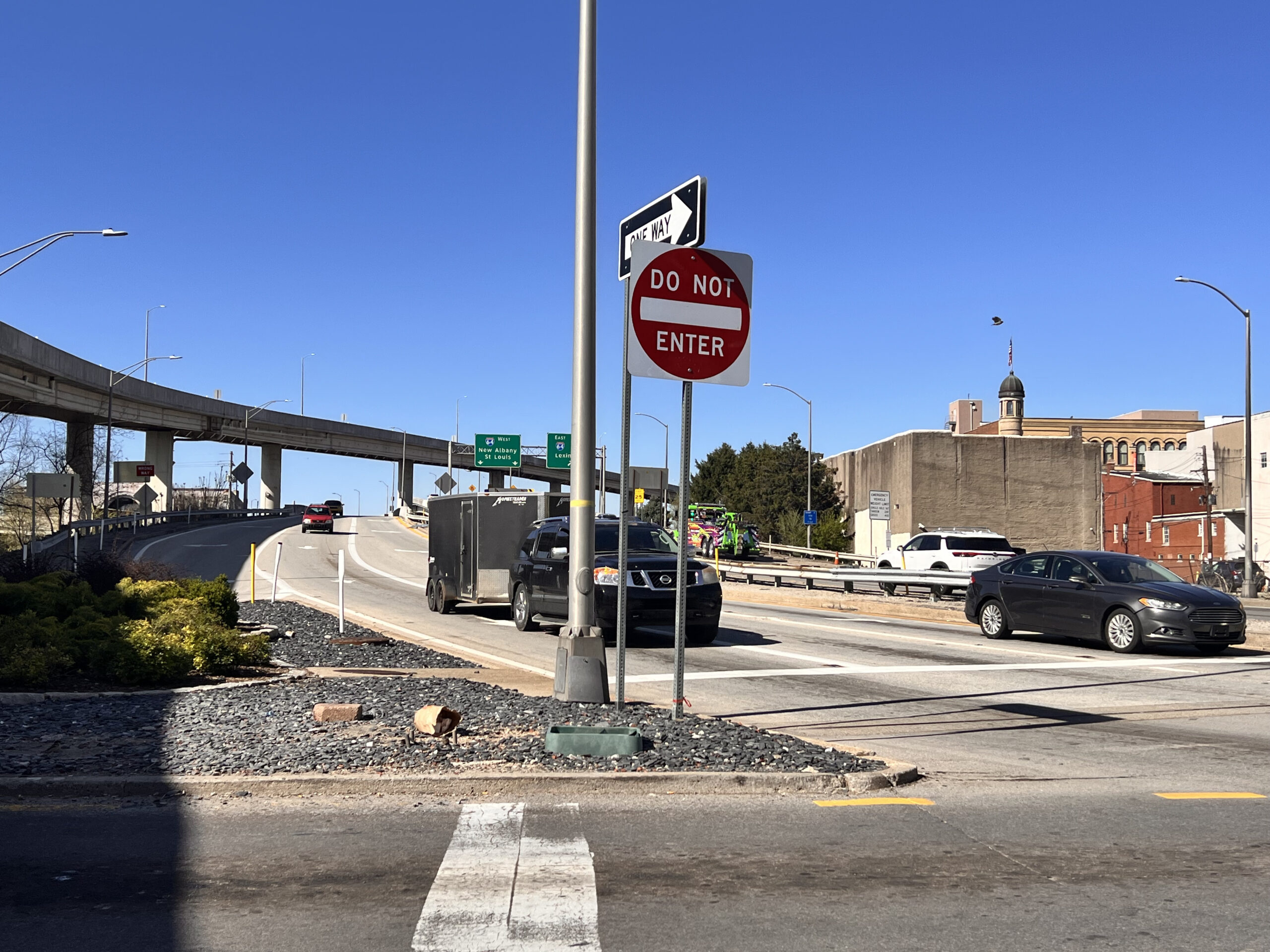Four people were injured in a crash involving three cars on Town Mountain Road in Pikeville. Officers at the scene say that all four were transported to a local hospital, and it was learned later that one of them, a 62-year-old woman, died at the hospital.
The crash happened around 10:20 Monday morning, Christmas Eve day and the cause is unknown as it is still under investigation.
Two-Lane Rural Highways
If you’ve ever been out in the country, you’re familiar with the country road. These roads cross all over our nation connecting small towns, farms and out-of-the way spots. According to the Department of Transportation, there are over 4 million miles of public roads in the U.S and out of those around 300,000 are rural two-lane highways. Top put that in perspective, there are 47,000 miles of interstate in the United States.
In a study done by the Iowa Department of Transportation, that state’s four-lane interstate roads are far safer than the state’s two-lane rural highways. This isn’t just because there are far more highways than freeways because the study looked at the “crash rate” which is how many crashes there are in 100 million miles traveled. In 2015, in Iowa there was a crash rate of 100 for interstates and 253 for the same period on rural two-lane highways.
That means for every 100 million miles traveled by all drivers, there are 253 crashes on the rural roads and only 100 of the freeways. Thus, it’s two and a half times more dangerous to drive on a rural highway than a freeway, whether rural or urban.
Why are Rural Highways so Dangerous?
What is it about rural highways that make them more dangerous than their counterpart freeways? According to the study’s author, there are several factors that explain this:
- Median: With freeways, there is a median or a concrete barrier between the directional lanes whereas with rural roads, there is only a few feet separating cars hurtling toward each other at 55 mph.
- Speed: People drive faster for the road conditions on rural highways than they do on freeways.
- Lack of shoulder: In many rural roads, there is inadequate shoulder width compared to the freeways which have to comport to federal standards.
- Maintenance: Of the nation’s highways, an inordinate amount of the rural roads are neglected compared to freeways. This is because many rural roads are maintained locally where funding is more of an issue.
- Type of drivers: Rural road travelers are more likely to drive without seatbelts, speed and drive impaired than are freeway drivers.
- Wild animals: Most of the rural highways do not have a fence protecting the road letting wild animal easy access.
- Railroad crossings: Freeway drivers do not have traverse railroad tracks while rural road are often intersecting rail lines.
Injuries from Rural Highway Crashes
There is a much higher risk of a head-on collision on a rural road, and this alone creates more injuries and deaths. The injuries tend to be, on the whole, more severe, and the injured typically have to wait longer to get help. This is due to the longer response time and the greater distances to hospitals. This translates into more deaths, more head injuries and more drivers in critical or serious condition than those involved in crashes on freeways.
What if I’m Injured on a Rural Highway?
The first thing is to call for help as quickly as possible, and then if possible, put out flares to warn other drivers. Then take care of all medical needs and cooperate with first responders as they come. After that, if it’s possible, try to get pictures of the scene before wreckers come and the evidence gets swept away.
After the dust settles, then the focus will be on whose fault it was so that the victims can recover some of the financial losses that come with a serious car accident. Finding fault is sometimes more difficult in a rural setting as there may not be trained accident specialists available because of fewer resources, and with that comes mistakes as untrained personnel process the scene.
These circumstances often become obstacles when dealing with insurance agents. They might try to shift some of the blame on you or even outright deny liability knowing that there is less likely to be evidence to prove your case.
Do I need an Attorney?
It’s not a requirement, but it is the smart thing to do. Even if you feel comfortable enough to go it alone, you can talk to an attorney about your case for free. Almost every personal injury firm has free consultations and you can ask questions and get an idea of your case.
Call the attorneys at Kaufman & Stigger, PLLC, as they have the knowledge and experience to advise you of the law and evaluate your case. If you choose to hire them to represent you, know that they will stand behind you to make sure that you are treated fairly and that you get the highest compensation allowed by the law.
When you call Kaufman & Stigger, PLLC, at 800 937-8443, you will immediately speak to a member of the legal team and not a message machine. You can also Live Chat with an expert who can immediately began helping you with your claim.


